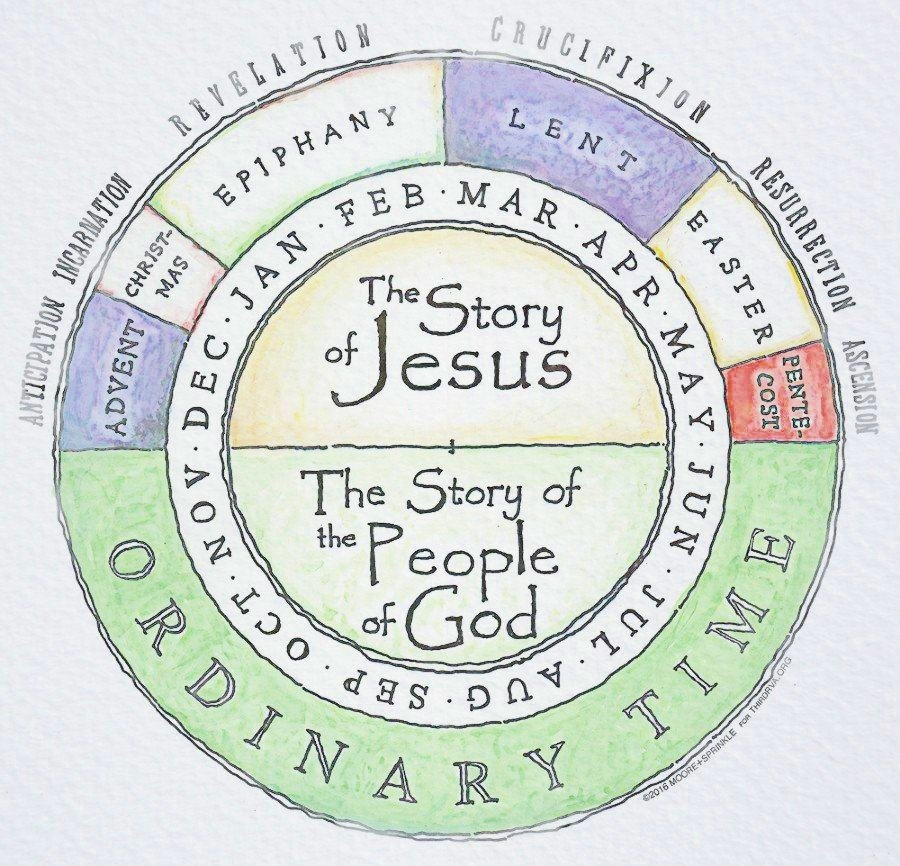
What We Believe
The Creeds
Creeds are statements of our basic beliefs about God. The term comes from the Latin credo, meaning I believe. The Church has two foundational creeds: the Apostles’ Creed and the Nicene Creed. These have been the foundational statements of faith for Christians worldwide since the fourth century. In reciting and affirming these creeds, we join Christians across the world and throughout the ages in affirming our faith in the one God who created us, redeemed us, and sanctifies us.
Our major theological positions and foundational beliefs are found in the creeds. We engage in discussion on secondary theological issues, but we do not let them define our church.
Three Streams
Evangelical
When we say that we are “evangelical” we mean that we take seriously God’s command to speak about and live like Jesus. We preach and teach from the Bible because we believe it is the inspired word of God and hold its words as sacred and relevant for all ages and cultures, and our desire is for all people to enter into a saving relationship with Jesus.
Charismatic
When we say that we are “charismatic” we mean that we believe God is present and active among His people. We anticipate the work of the Holy Spirit in the life of the church for the conviction of sin, the illumination of truth, and the restoration of all things.
Liturgical
When we say that we are “liturgical” we mean that we value the longevity of historic tradition, the rhythms of the church calendar, the consistency of a lectionary-based teaching plan, and our connection to the global Church.
Word and Table
We believe that a Sunday gathering finds its full culmination in the presence of both Word and Table. The Bible is declared through the reading of the Psalms and other passages and expounded upon in the pastor’s sermon. Then the Lord’s Supper is taken by those who profess faith in Jesus as a weekly remembrance and community celebration of the hope we’ve found in His sacrificial death to pay for our sins and the sins of the world. We believe that Jesus, risen and very much alive and active, extends grace and presence to His people through this sacrament He gave to the church.
The Word and the Table are the two central pillars of a Sunday gathering.
The Church Calendar Year
We use the historical church calendar to inform our worship and the yearly rhythms of church life.
Half of the year is spent learning through and meditating on the life of Jesus, and the other half is spent exploring the story of the church, both biblically through the epistles as well as series apt for the current needs of the church at that time.


